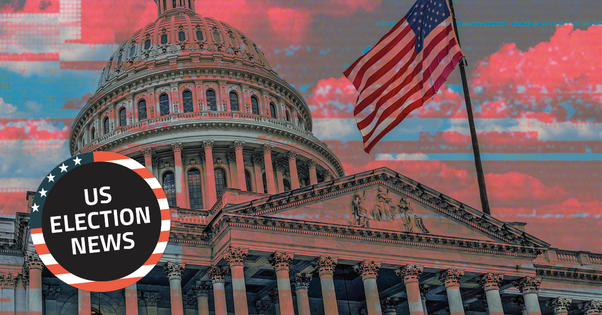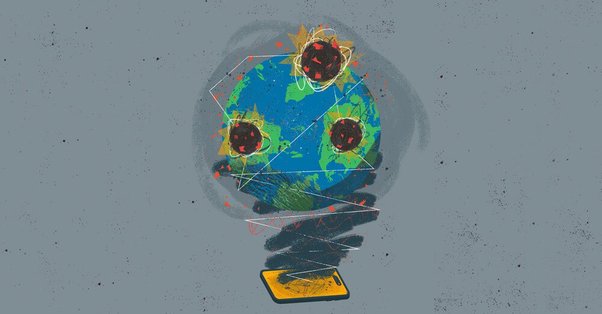As Trump's inauguration looms, climate activists fear for the Paris Agreement and Biden's climate laws – but, as we lay out, many more changes could be afoot
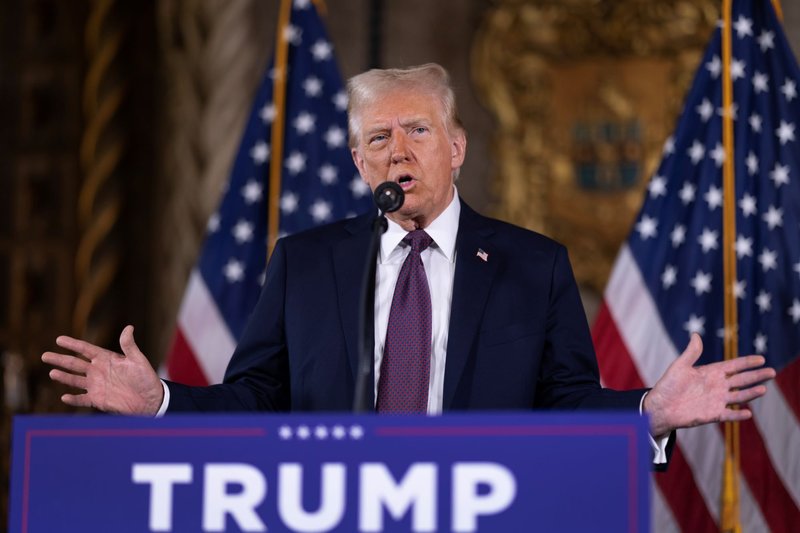
This month, President Donald Trump is sworn in to complete his second term in the nation’s highest office.
While there’s been a lot of reporting on the potential rollbacks to President’s Biden’s climate laws and whether the US will withdraw from the Paris agreement, we wanted to highlight some of our expectations for how the administration might impact global climate goals.
Before we do, it’s important to note that we’re in 2025, a year widely understood to be a critical point in global action.
From here on, the world must move from increasing emissions year-after-year towards a sustained decrease. By 2030, the world’s total emissions must be nearly halved.
Yet, the real consequences of the next five years won’t just be measurable in the atmosphere – they will be apparent in the impacts on people, communities and the natural world.
At Global Witness, we are fighting for our future to be guided by and centered on the needs of people and the planet, not on corporations or profiteering officials.
We seek to highlight areas where inequities are driving injustice, show who is responsible and advocate for the necessary changes to the system.
Circumstances change, but our work to demand a better future doesn’t.
Funds for fossil fuels?
Under President Trump, the US became the world’s biggest producer of petroleum. A second Trump administration promises even worse impacts upon the planet and communities hit hardest by the climate crisis.
The incoming administration is brazenly pro-fossil fuels. In a campaign trail quid pro quo, candidate Trump reportedly requested $1 billion in campaign contributions from US oil moguls, promising he would roll back environmental regulations if he returned to the White House.
The President-elect has said he will revoke President Biden’s ban on new offshore oil drilling, and nominated Liberty Energy CEO Chris Wright – a fracking executive accused of fueling climate disinformation by Senator Jeff Merkley (D-MA) – to head the Department of Energy.
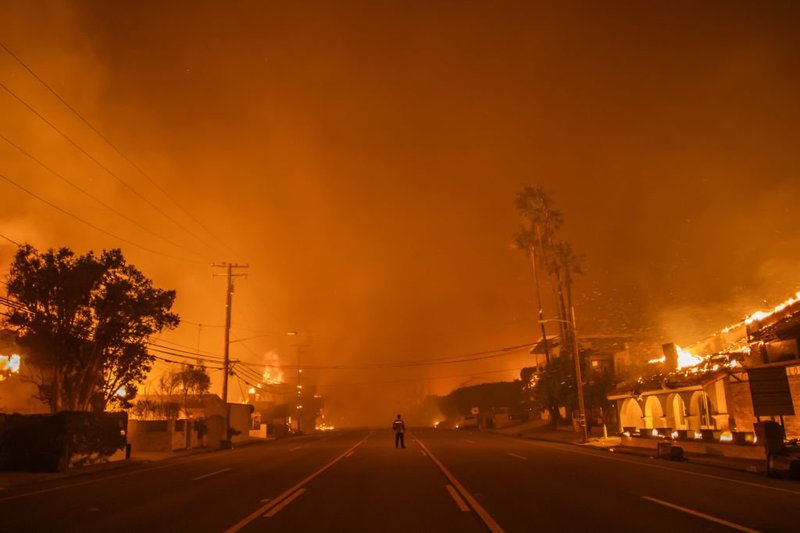
While the industry rakes in billions, ordinary Americans are suffering from extreme weather driven by the climate crisis – look no further than the catastrophic fires in California this month.
From floods to intensified hurricanes and wildfires, ordinary people are paying the price for climate breakdown.
At Global Witness, our investigations will highlight the flagrant capture of political institutions by fossil fuel interests under the Trump Administration.
Our storytelling will also continue to highlight the culpability of the fossil fuel industry for climate-related damages and call for polluters to pay to fix the crisis they’ve caused.
Reduced protections for land and environmental defenders
Since 2012, Global Witness has documented the killing of at least 2,106 land and environmental defenders across the world. The US should have a strong international voice in support of human rights defenders, yet its actions have often fallen short of ensuring their safety.
During his previous term, Trump pursued a policy of isolation from international collaboration, including withdrawing from the UN's Human Rights Council.
A return to this approach would send a deeply concerning message that the US is moving backwards in its support of land and environmental defenders who are at-risk from violence, arrest and land invasions.

Honduran Indigenous leader and activist Berta Cáceras is one of the more than 2,000 land and environmental defenders who have been killed worldwide since 2012. Goldman Environmental Prize
The US government provides critical international aid to numerous countries and global mechanisms that support human rights policies and institutions. During his first term in 2017, Trump’s administration vowed to slash foreign aid by over one-third, a move blocked by Congress.
With ongoing discussions about reducing government expenses, a similar attempt could threaten US support for human rights initiatives and key international institutions, such as the UN Human Rights Council.
Human rights standards and institutions are fundamental to protecting basic rights, including for the defenders and Indigenous Peoples resisting profit-driven environmental destruction in their homes, and must be safeguarded by all nations.
We will highlight the ongoing attacks against land and environmental defenders taking place worldwide, and advocate for full participation in these global mechanisms.
Critical mineral mining and human rights
Reliable, diversified critical mineral supply chains and energy independence remain bipartisan priorities under the Trump Administration.
However, we expect the administration to use these goals to justify a hard pivot to domestic mining, including on protected Native and Tribal lands (as during Trump’s previous term), and to simultaneously weaken environmental and human rights protections in the name of efficiency.
The US will continue to rely heavily on foreign partners for materials unavailable domestically via its “friendshoring” policy.
But if the administration does retreat from high standards for environmental and human rights protections, allies could lose confidence in their minerals partnerships with the US.
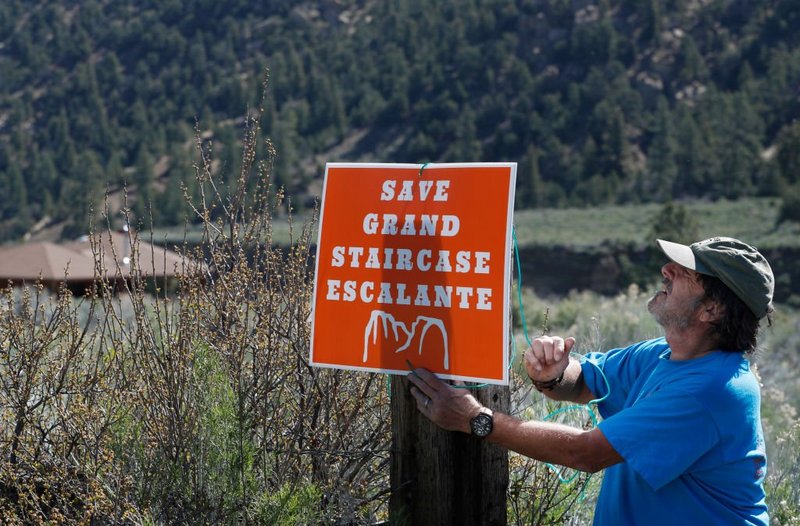
The energy transition is already happening, despite Trump’s Secretary of Energy nominee’s denials.
Given the overlap between clean technologies and defense applications, which both rely on critical minerals for vital operations like battery storage, a decision to cut support for the energy transition while upholding US security goals would be a dangerously false choice.
Yet there are some signals that vital funding for clean technology innovation could be diverted.
Defunding such R&D and infrastructure would move the US further from energy independence and make it less competitive on the global stage (the EU, for example, has stipulated that manufacturers bear primary responsibility for battery recycling, pushing the development of the technology in the region).
Our Transition Minerals campaign will continue to advocate for a just transition with high standards for the environment, labor and the rights of and benefits for communities.
Nature destruction and finance
The US is one of largest sources of private investment into industries driving global forest loss. Deforestation across the globe is often illegal, enabled by land-grabs, the wrongful incursion into Indigenous lands, harm to biodiversity and outright violence.
And yet, no US-based financial institutions – or companies operating here – are under effective obligations to ensure their investments or the products they source are free from these kinds of human rights violations or deforestation.
The Biden administration made ending deforestation a global priority – including with a historic visit the Amazon – but failed to pass laws supporting these aims.
Some financial regulators have instead opted to issue optional guidance for net zero plans and climate-risk disclosure.
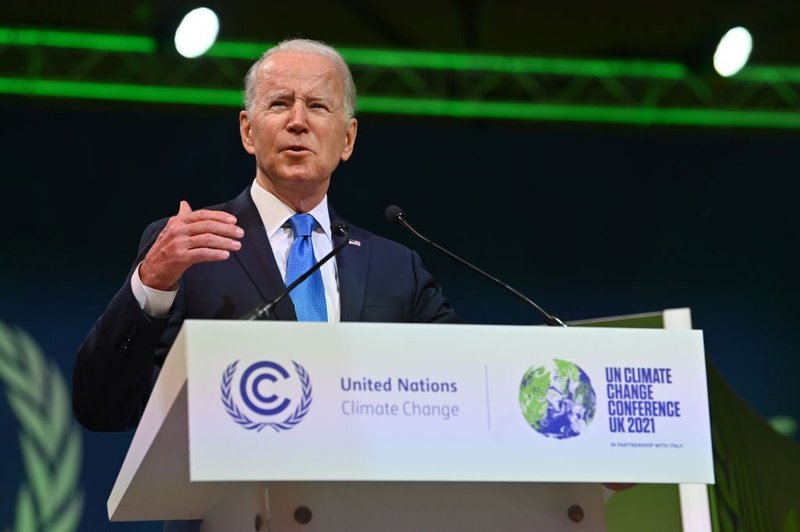
These actions may have fallen short of what is needed to rescue our forests, but the Trump administration is expected to reverse these gains even more by throwing his weight behind the anti-ESG (“Environmental, Social, and Governance”) movement.
Several officials and Congressional representatives support the anti-ESG movement as part of a broader deregulatory agenda.
With this movement now gaining momentum, some financial institutions have already removed themselves from global initiatives for net zero.
We will work to highlight the harmful consequences of this agenda to people, planet and biodiversity, and advocate for due diligence regulations to support a just transition and end these harms.
Disinformation, social media and online regulations
The health of our democracies – and planet – rests on reliable access to information and spaces for civic discourse that enable responsive policy.
This looks set to suffer under the Trump administration. Under the banner of protecting “free speech", the Trump presidency is likely to pressure social media companies to remove limits on content they deem offensive, which could include disinformation.
His influence is already visible in Meta’s shift from independent fact-checking and removal of restrictions over topics that effect marginalized groups, such as gender and immigration.
And Elon Musk, the, owner of X, has thrown his platform behind Trump, and is set to co-lead a new commission in the administration aimed at cutting government spending.
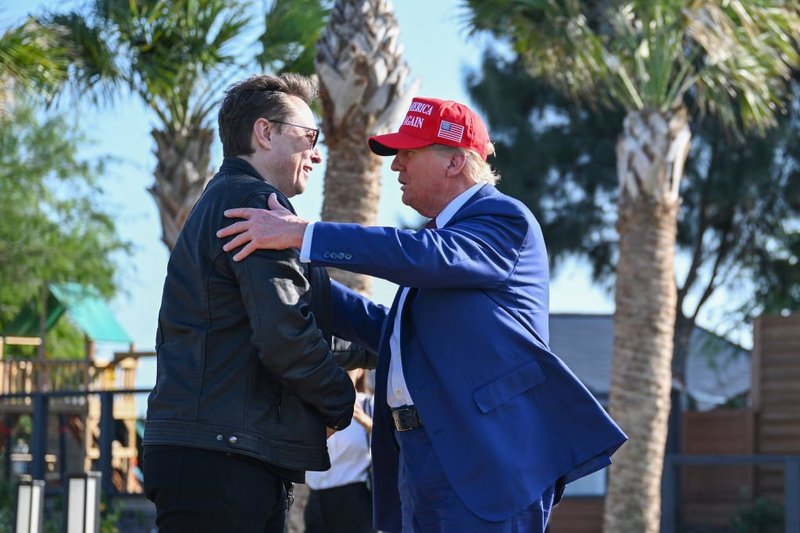
Musk has also started to use his platform to ramp up interventions in support of far-right movements abroad.
Many of these targets are in countries that are party to legislation that increases accountability for Big Tech’s harms, which the Trump administration may well work to undermine.
At home, Trump has already stated he will repeal President Biden’s Executive Order establishing greater safeguards for the development of AI.
We will continue to investigate the dangers resulting from social media platform policies and practices under the Trump presidency, and advocating for more accountable, transparent and participatory systems for all.
